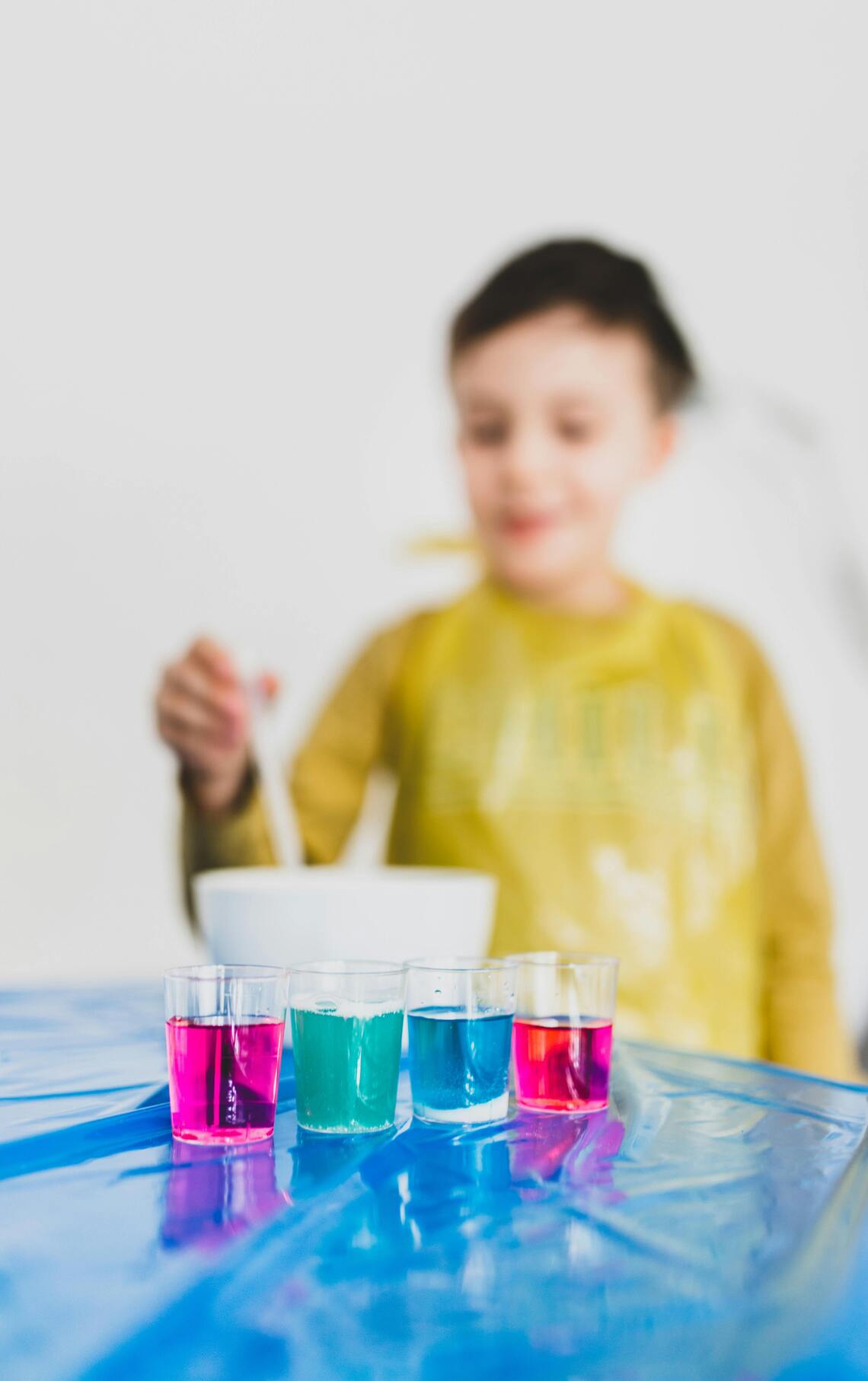
When I worked at Bangor University I became the representative for Wales on the steering committee for the UK “OPen Air Laboratories” programme (OPAL) which ran between 2007 and 2019, and was supported mainly by the Big Lottery Fund: https://www.imperial.ac.uk/opal/about/
This ‘citizen science’ project enabled children and adults to get hands-on with nature while contributing to important scientific research. OPAL designed a suite of field and desk-based activities suitable for all ages, abilities and backgrounds, and launched a series of national surveys of water and air quality, biodiversity, tree health, soil and earthworms, pollinators and a bugs count. Over a million people participated by contributing data about their local environment to specialists in universities and other science centres. This was collated regionally and nationally, thereby building up a picture of the state of the environment at that time.
The results of the programme are summarised in reports here: https://www.imperial.ac.uk/opal/publications/ and the collected data can be downloaded from this site: https://www.imperial.ac.uk/opal/data-download/ .
The Water Quality survey pack consisted of materials for measuring:
- water clarity – using the ‘OPALometer’
- water pH using a dip-strip
- the presence or absence of aquatic invertebrate ‘indicator species’
- the presence or absence of amphibians, dragonflies, damselflies and duckweed.
40,000 water quality packs were printed and distributed free of charge throughout Britain. Data from 1,609 water survey sites in England are presented in a results paper here: https://bmcecol.biomedcentral.com/articles/10.1186/s12898-016-0063-2 .
For those wishing to conduct their own surveys of local freshwater quality, pdf’s of the original survey materials are still available for free download here: https://www.imperial.ac.uk/opal/surveys/watersurvey/
You can of course also purchase kits for measuring water quality variables, such as pH, minerals, turbidity and bacterial counts, including E. coli. Technical test kits for fresh and salt water range in price from about £10 to many hundreds of pounds, but of course as with everything, you get what you pay for.
Tags:
